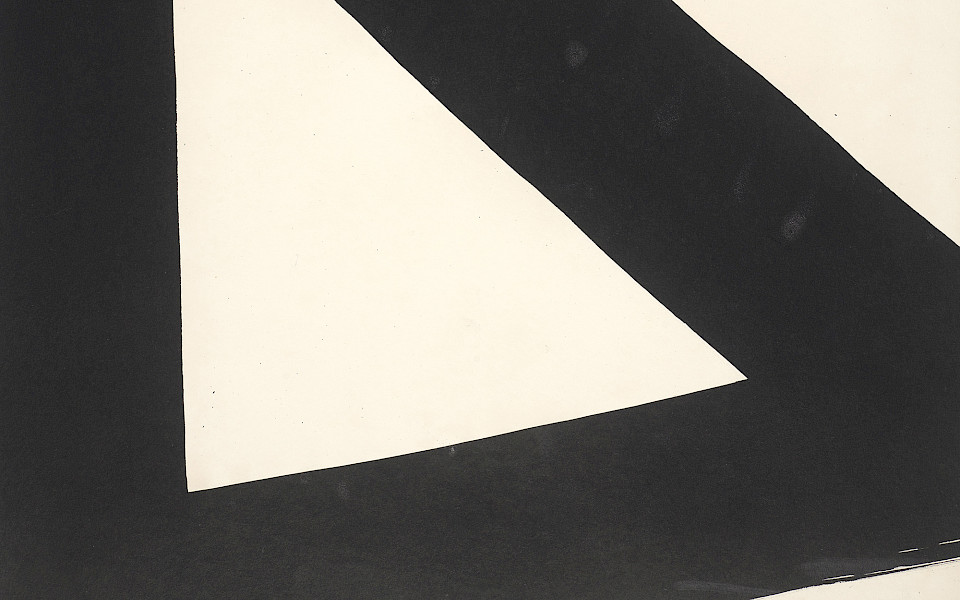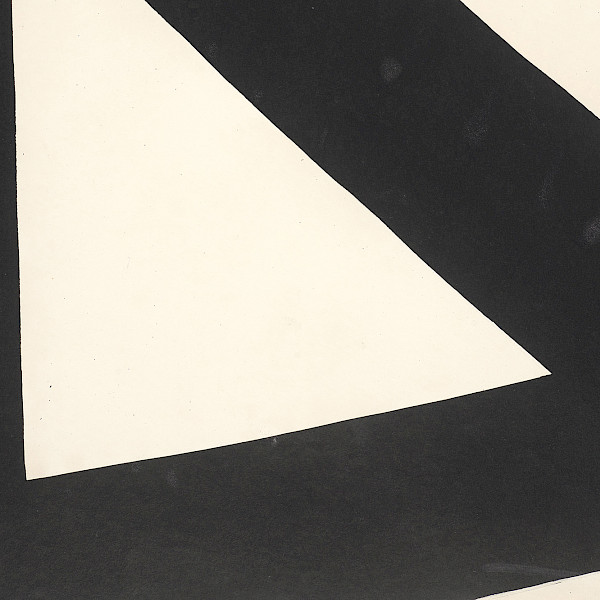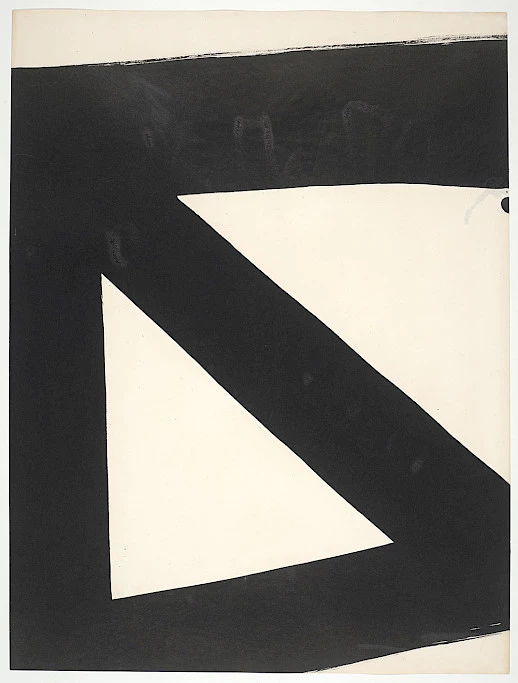


 Minimalism: Color, Line, Form highlights works of art from the rich holdings of Minimalist art in the AMFA Foundation Collection.
Minimalism: Color, Line, Form highlights works of art from the rich holdings of Minimalist art in the AMFA Foundation Collection.
This intimate exhibition features art by key practitioners of the influential Minimalist movement of the 1960s and 1970s, including Al Held, Donald Judd, Ellsworth Kelly, Sol LeWitt, Richard Serra, and Frank Stella, among others.
Through sculpture, painting, and works on paper, Minimalist artists focused on reducing art to its core components: color, line, and form. They rejected the emotive and dynamic gestural forms of Abstract Expressionism, an American style of art that flourished after World War II that referenced myths and the inner psyche.
Instead, the Minimalists created completely non-referential art that celebrated formal concerns by incorporating mathematical-based compositions, hard-edge geometries, primary and commercially mixed colors in flat planes, and precise linework. Sophisticated and spare, these works highlight the harmonic beauty of simplicity.
While principally an American art movement, Minimalism had its roots in early twentieth-century Russian Constructivism and Suprematism, the American Abstract Artists Group of the early 1930s, and the explorations of color theory by Josef Albers which he began in 1949. Minimalism: Color, Line, Form reveals these influences through the inclusion of exemplar works from the AMFA Foundation Collection.
At its inception, the core group of Minimalist artists had both champions and detractors, yet their reductive approach endured as an inspirational touchstone for future generations of artists. Illuminating this influence, the exhibition features works of art by later artists who continued to embrace the style of Minimalism by highlighting the purity and primacy of this radical abstraction.
Al Held (New York, New York, 1928 - 2005, Camerata, Italy), Drawing #7, 1966, India ink on wove paper mounted to paperboard, 24 x 18 in., Arkansas Museum of Fine Arts Foundation Collection: Gift of Carl Barnett. 1991.061.
Art History + Happy Hour
October 30, 2024
5:30–8:00 p.m.
Sip drinks and explore the art of simplicity during a deep dive into this exhibition with AMFA Curator Dr. Jennifer Jankauskas. Members enjoy one complimentary drink!
Minimalism: Color, Line, Form is supported by Dianne and Bobby Tucker.